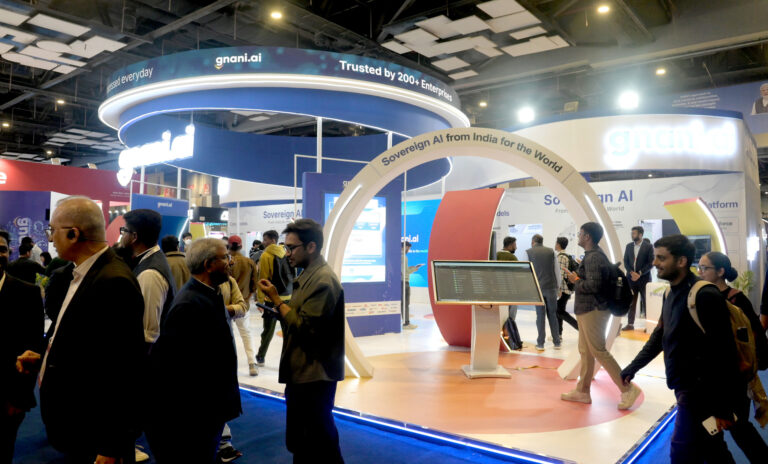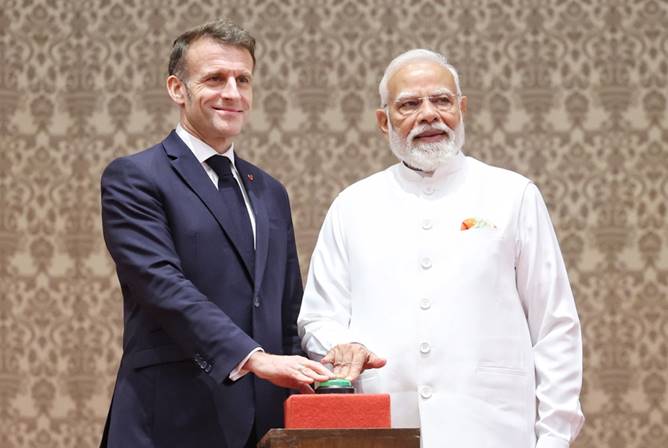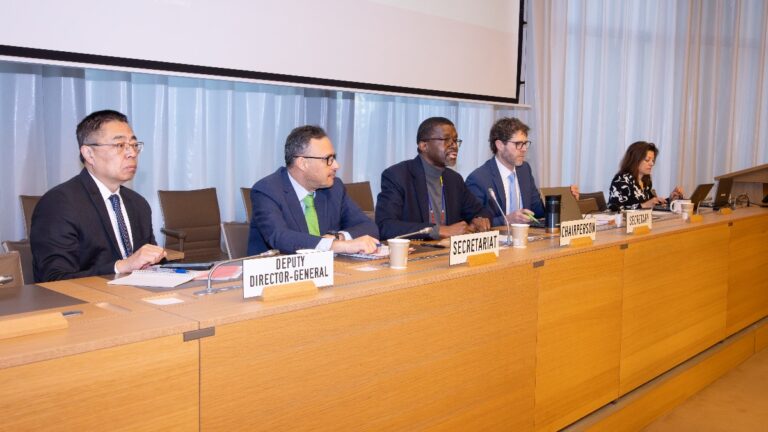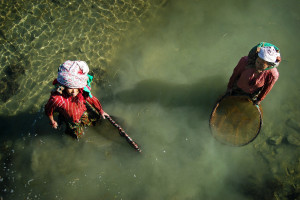
When Agbato Olubunmi started her fish production and processing firm in Nigeria in 2017, both men and women wondered if she was up to the task. She persisted, and her company is now thriving in a country considered to be the world’s largest producer of African catfish.
After graduating with two degrees in fisheries and aquaculture management, Agbato combined her savings with loans from friends who believed in her vision, and she bought a plot of land which she says gave her more respect from the community.
“Before I got my land, there was reluctance in selling to a female,” she recalls.
She started with one pond and one oven. She now employs a team of 13 – 11 women and two men – and draws her fish supply from eight aquaculture ponds.
“As long as the population keeps increasing, there are a lot of opportunities for many people across the value chain,” Agbato says.
Her company produces and packages a range of items including smoked catfish, fish spice, fish oil and fish powder for the burgeoning domestic and export markets in neighbouring African countries, as well as the United States, Europe and the Middle East.
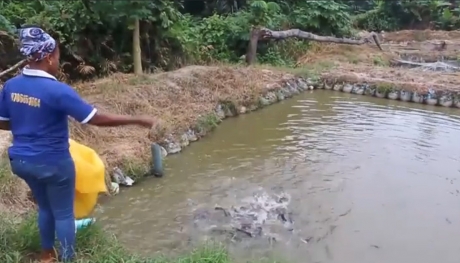
FAO is working with producers like Agbato in Nigeria through FISH4ACP, a global initiative that aims to promote sustainable fisheries and aquaculture development and create jobs and business opportunities, in particular for women and youth.
Nigeria’s aquaculture production has expanded from 22 000 tonnes in 1999 to more than 300 000 in 2017. Since the catfish sector generates one million direct or indirect jobs there, Agbato believes there is plenty of potential for further development.
Beyond her own business, she trains other women on how to establish their own startups in the fish processing sector and has a vision for what she calls a “one-stop shop” for women.
“I’m talking about having a fish processing community, where all the women who are engaged in fish farming or fish processing can come along with their produce and sell it at a ready market,” she says.
Women have always been there, but fisheries and aquaculture are now seeing a surge in women starting their own businesses in all areas of the sector. For generations, it was mistakenly viewed as a man’s world but going by the figures, today, more than 50 million women are involved in fisheries and aquaculture around the world and their contributions to household incomes and communities cannot be overlooked.
Another example is that of Muzna Saif Rashid Al Hatmi. She is from the Sultanate of Oman. She always dreamed of starting her own business. After graduating from university with a degree in food science and human nutrition, the 29-year-old young leader gained further training at the government-run Industrial Innovation Centre, which supports young entrepreneurs in diverse sectors, before establishing her own fish processing company.
“I think all of us can do it, but we have to tell ourselves that we can do it,” Muzna says.

Muzna now employs four women and is selling her products, such as fish paste, fish floss, fish cubes and stock powder made from sardines, shrimp and anchovies, in Oman and abroad.
“It is three years since we launched our small fisheries enterprise,” says Muzna. “We are working on marketing and gaining the trust of customers here in Oman. We are also working to get the products online in Gulf countries, the Middle East and East Asia.”
Muzna benefits from the United Nations Food and Agriculture Organization’s (FAO) Capacity Development of Coastal Women Associations project, which supports and strengthens the role of women in the processing sector of small-scale fisheries in the country. She gained administrative skills and strategic planning, helping her to develop a concrete business plan for her company.
The Sultanate is one of the largest fish producers in the Gulf region. Capture production totalled 580 000 tonnes in 2019 and domestic consumption of seafood products is well above the global average. Despite the disruption caused by the COVID-19 pandemic and the impact of Cyclone Shaheen in October 2021, Muzna is confident about the future and says women in fisheries and coastal women can contribute more if they have access to the right training and opportunities.
“They have to trust themselves and what they have gained either from their knowledge or their own abilities,” she says.
On the other side of the Atlantic Ocean, Subrina Singh works as a senior quality manager for the largest fish and shrimp processing company in Guyana.
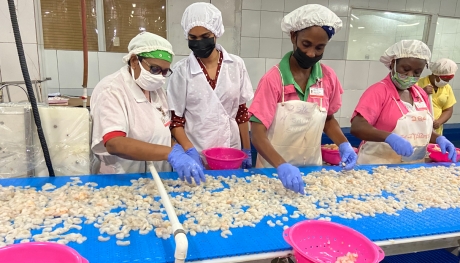
The 33-year-old was recruited by her company after graduating from the University of Guyana. She joined the processing company 13 years ago, holding various positions before being promoted to her current managerial job.
Subrina says she enjoys interacting with and training other employees on her company’s safety management system which she helped to develop.
“My responsibility involves overseeing the overall quality and safety of the company’s products to ensure it meets all the requirements of the customers and all laws, requirements and regulations,” Subrina says.
Subrina says it’s common for companies to employ female managers in the quality control area, even though she recognizes men are still mostly employed on fishing vessels.
Working with FISH4ACP is important for ensuring the long-term sustainability of the fisheries sector, as Subrina says fishers and fish processors in Guyana are dealing with the impact of climate change. There are signs that climate change has reduced catch numbers, particularly seabob shrimp, and contributed to an increase in sargassum seaweed in the waters off the coast, she says.
“As a woman, the possibilities are endless when you are part of a dynamic sector such as fisheries,” she says.
Women have played a vital role in fisheries and aquaculture for centuries but now they are making strides and seizing opportunities to start their own businesses or seek management roles. FAO is supporting their efforts to increase their visibility and contribution to this globally important sector.
Source: the FAO News and Media office
– global bihari bureau



